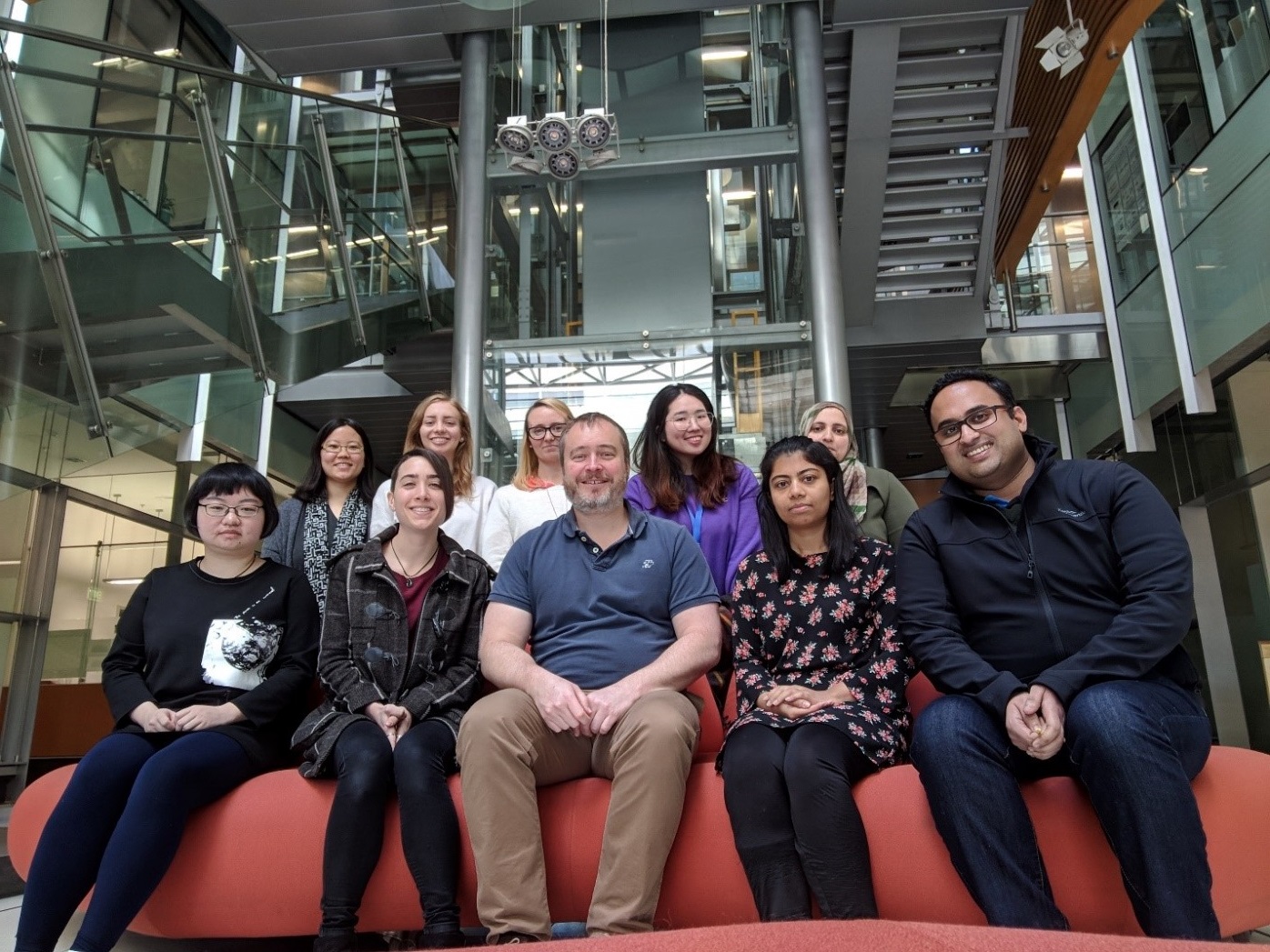Protein Misfolding and Proteostasis Laboratory

Who are we?
The Protein Misfolding and Proteostasis laboratory (also known as the Hatters lab) is located in the Bio21 Molecular Science and Biotechnology Institute and is part of the Department of Biochemistry and Molecular Biology at the University of Melbourne.
What are our aims?
We study the molecular drivers of Huntington disease and other neurodegenerative diseases including motor neuron disease. Our goals include investigating why the mutation that causes the disease (in the HTT gene) leads to the mislocalisation of the HTT protein and why it causes the neurons in the brain to misfunction. We are also interested in determining more fundamental mechanisms cells use to manage how proteins are synthesized and maintained (a mechanism called proteostasis), which is one the major molecular mechanisms known to be altered in many neurodegenerative diseases.
What do we do?
We employ a wide range of state-of-the-art molecular biology approaches including proteomics, confocal microscopy, and flow cytometry to investigate cell biological and mouse models of disease. We also collaborate widely to employ “omics” methods to solve our problems. We are known for the development of a number of new approaches, methods and biosensors to solving these problems.